Description
I want to explore the possibility of a legitimate and sound administrative principle within the civil system, considering people as they are and laws as they could be. I will always strive to reconcile what is just with what is in the public interest, so that justice and utility are never separated. (Rousseau, The Social Contract) What is the social contract? What are our obligations towards it? Isn’t the collective will fallible? What are the limits of the sovereignty of authority? How does a breach of the social contract lead to the death of the meaning of “homeland”? How do we curb the excesses of government? The great French philosopher Jean-Jacques Rousseau answers these and other questions, attempting to explore concepts such as “civil society,” “human sovereignty,” “effective government,” “law,” “constitution,” and “state”—all of which remain subject to debate today. When we considered reprinting “The Social Contract,” it was in response to the historical moment our Arab countries are experiencing, as we strive to reclaim our collective will—a collective will that seeks consensus and respects diversity, thus protecting itself from tyranny. Given the interest shown by readers in this book, Dar Al-Tanweer is presenting this second edition with added footnotes to help the reader understand and clarify key ideas in this work, originally published in 1762. We have also included two essays and several letters, commentaries, and critiques by Hume, Kant, Voltaire, Adam Smith, Proudhon, Tolstoy, Casanova, and others, selected to further illuminate a text that has sparked, and continues to spark, much discussion, praise, and criticism, and which has had a profound impact, particularly on the French Revolution, where Rousseau’s ideas were influential. A significant factor in it, or in philosophy and political and social thought after it.

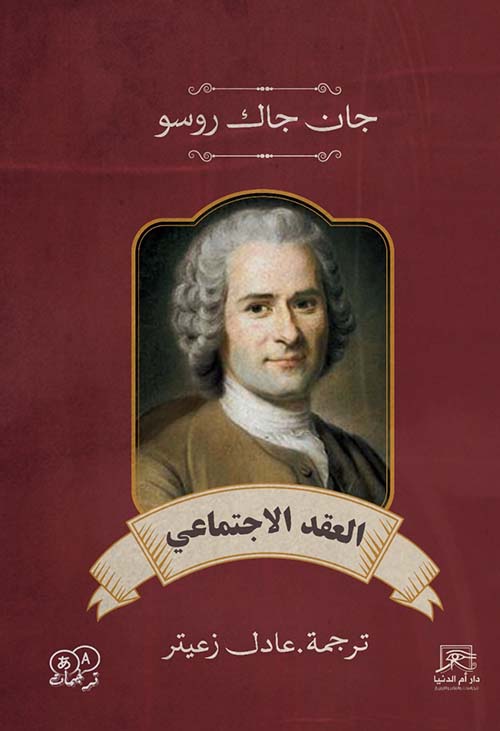
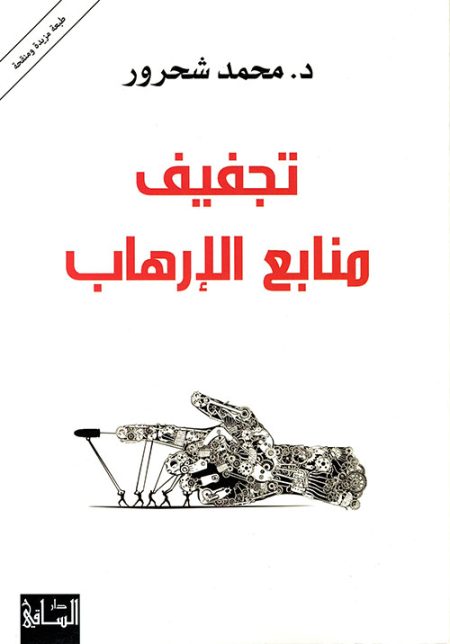



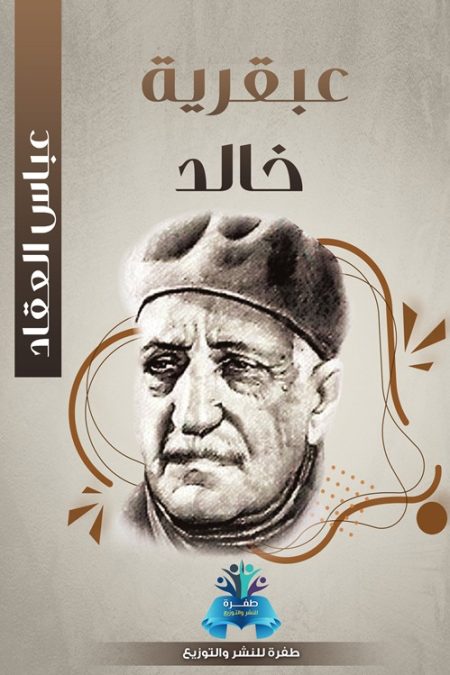
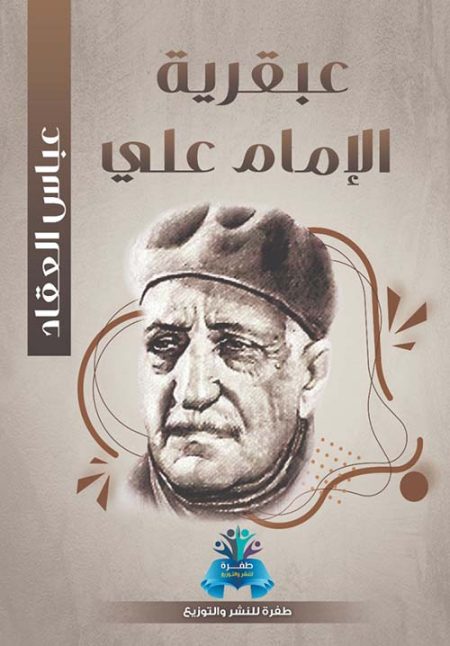

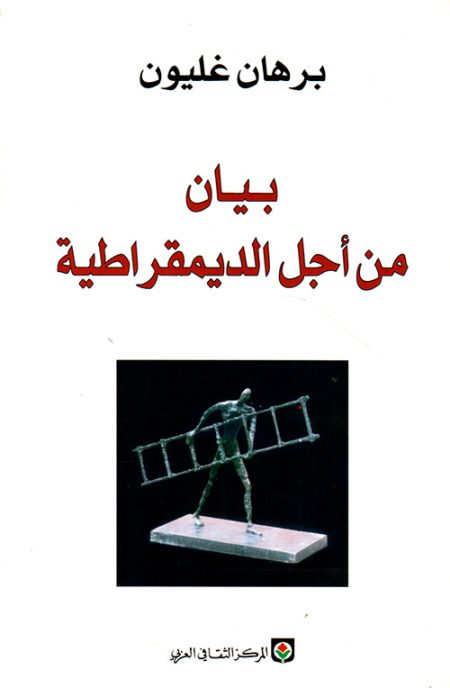




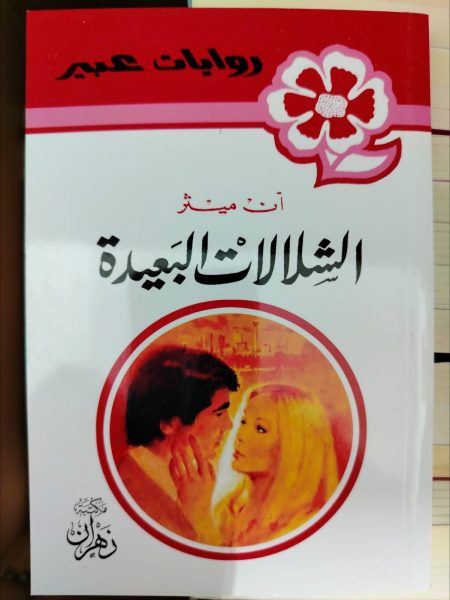

Reviews
There are no reviews yet.